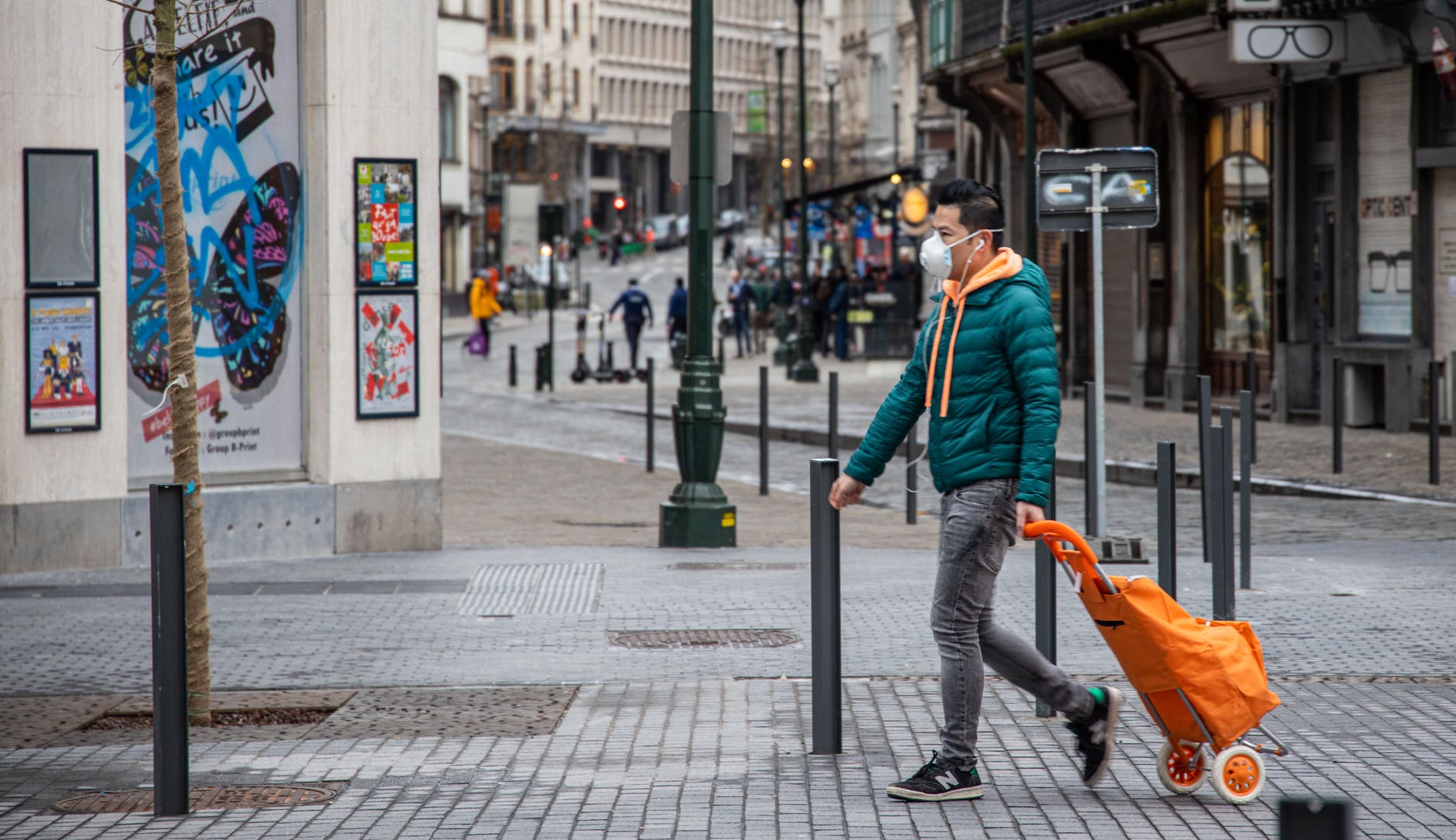The UK lockdown has driven a shift in consumer spending habits equivalent to an annual £12.9bn, according to a new report published by Legal & General, and economics consultancy, Cebr.
The report has suggested the change is largely a result of UK adults increasing their expenditure on four key “at home” categories since the Government imposed lockdown – groceries, alcohol, entertainment and hobbies.
The financial services group added that this shift, however, has come as consumers are spending an average £17.9bn less per month in the wider economy as a direct result of coronavirus.
Following the announcement of the UK lockdown on 23 March, adults are now spending an average £104 per week on these four categories alone – a 5% increase on pre-crisis spending. Legal & General highlighted that this equates to a weekly rise in spending of £247m, and that those aged between 35 and 54 are the biggest contributors in terms of spend, averaging £170m per week on the four sectors.
Despite the £12.9bn shift, the report also noted that UK households are spending an average of 31% less – equating to a fall in expenditure of £4.1bn per week, or £215bn per year.
Legal & General CEO, Nigel Wilson, commented: “The Covid-19 crisis is creating fundamental changes to how we work, live and how we spend both our money and our time. Businesses should prepare for lasting change to the consumer economy and falling levels of demand that other areas of the economy will need to step up to fill.
“Billions will need to be invested in new growth industries like health, wellbeing and life sciences to replace falling spend and fewer jobs in traditional face-to-face consumer industries like travel, physical retail and hospitality.”
Legal & General’s report also highlighted recent government data that shows 6.3 million jobs have been furloughed since the launch of the Coronavirus Job Retention Scheme on 20 April.
Separate research by Cebr and Opinium has shown that on average, 32% of employees have seen a reduction in their working hours, while a similar proportion (33%) have experienced wage cuts.
The report, which is describing the UK’s economy in lockdown as the “Isolation Economy”, indicated that for those still in employment, spending on the combined four key categories of the Isolation Economy has risen – and suggested the employed are now spending an average £107 a week on groceries, alcohol, entertainment and hobbies, a 10% rise on pre-lockdown levels.
Wilson continued: “The Isolation Economy is a new feature of our daily lives and now encompasses some £13bn a year of the consumer economy. As the hub of the Isolation Economy, the home is becoming a more flexible space, doubling-up as a place for schooling, work, fitness and entertaining – and we can expect changes to the way we think about and design homes for future homeowners.
“Covid-19 is a huge challenge and a wake-up call for everyone. Health and wellbeing will become more important components of inclusive capitalism, and some elements of the new Isolation Economy with different consumer spending patterns are likely to endure even as social distancing is eased.”
Latest News
-
Consumer finance lending totals £122bn in 2025
-
Metro Bank hits record growth in corporate and commercial lending
-
Intermediary confidence softens slightly in Q4 – IMLA
-
Record flows drive Quilter’s AUMA to £141bn
-
46% of IFAs in a network generate first commission in four weeks
-
Three fifths of cash ISA holders expect to not use full allowance
Mortgage Advice Bureau and AI in the mortgage sector
Chief executive officer at Mortgage Advice Bureau, Peter Brodnicki, and founder and managing director at Heron Financial, Matt Coulson, joined content editor Dan McGrath to discuss how Mortgage Advice Bureau is using artificial intelligence to make advancements in the mortgage industry, the limitations of this technology and what 2026 will hold for the market
Perenna and the long-term fixed mortgage market

Content editor, Dan McGrath, spoke to head of product, proposition and distribution at Perenna, John Davison, to explore the long-term fixed mortgage market, the role that Perenna plays in this sector and the impact of the recent Autumn Budget
NEW BUILD IN FOCUS - NEW EPISODE OF THE MORTGAGE INSIDER PODCAST, OUT NOW

Figures from the National House-Building Council saw Q1 2025 register a 36% increase in new homes built across the UK compared with the same period last year, representing a striking development for the first-time buyer market. But with the higher cost of building, ongoing planning challenges and new and changing regulations, how sustainable is this growth? And what does it mean for brokers?
Does the North-South divide still exist in the UK housing market?

What do the most expensive parts of the country reveal about shifting demand? And why is the Manchester housing market now outperforming many southern counterparts?
In this episode of the Barclays Mortgage Insider Podcast, host Phil Spencer is joined by Lucian Cook, Head of Research at Savills, and Ross Jones, founder of Home Financial and Evolve Commercial Finance, to explore how regional trends are redefining the UK housing, mortgage and buy-to-let markets.
In this episode of the Barclays Mortgage Insider Podcast, host Phil Spencer is joined by Lucian Cook, Head of Research at Savills, and Ross Jones, founder of Home Financial and Evolve Commercial Finance, to explore how regional trends are redefining the UK housing, mortgage and buy-to-let markets.
© 2019 Perspective Publishing Privacy & Cookies









Recent Stories